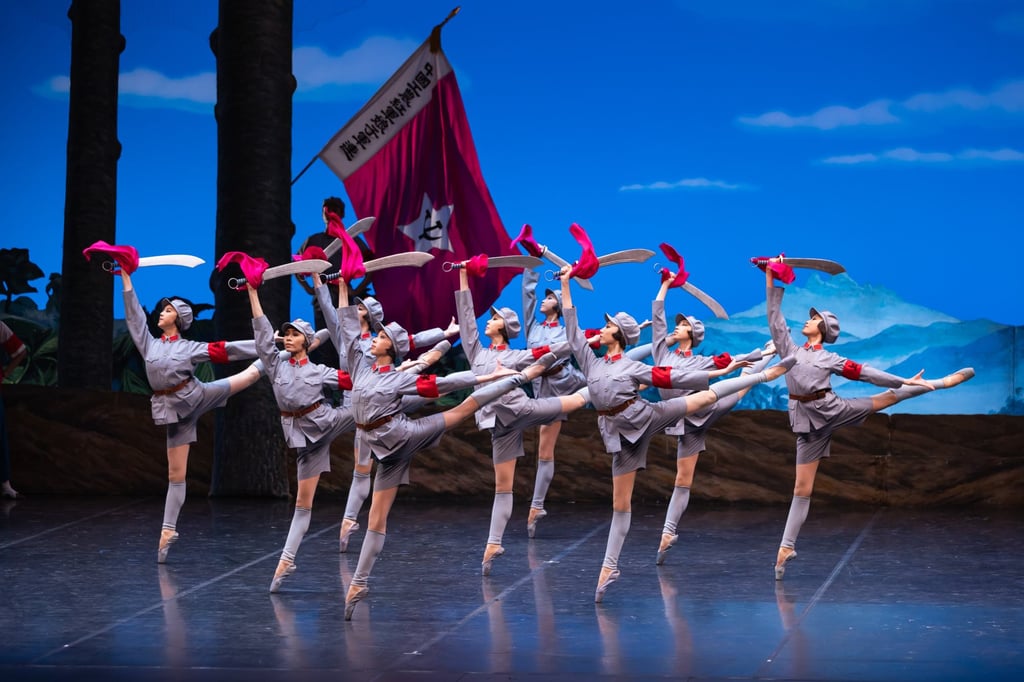Opinion | This Chinese ballet pushing Communist propaganda may seem ironic – but it’s incredible
- Performed by the National Ballet of China at the Hong Kong Cultural Centre, The Red Detachment of Women was a visually stunning production
- The performance ended to loud cheers, and deservedly so. However, living in Hong Kong today, the ideological aspect of the work hits a little too close to home

Growing up in South Korea, my family and I would always watch the evening news.
There would often be segments from KCNA, the North Korean station. We would see images of perfectly rehearsed parades and universal adulation for their leader. The anchors would call us and the Americans “capitalist pigs” and threaten to turn Seoul into a “sea of fire”.
Pyongyang’s colourful rhetoric and the presenters’ invigorating tones and perfectly timed delivery are often mimicked by comedians in the South, because everything about them is so surreal and different from our side of the peninsula – or maybe it is a way for us to not take the threats too seriously.
With that in mind, I went to see The Red Detachment of Women performed by the National Ballet of China in Hong Kong in January. I was curious about the art form – a Maoist adaptation of Western ballet – and to find out whether this modern classic can be appreciated for its artistry alone.

Its origin was pure ideology. Created in 1964 by none other than Mao Zedong’s wife, Jiang Qing, just before the Cultural Revolution, it was a tool for attacking feudalism and Confucianism, and for the glorification of the nation and the proletariat.

